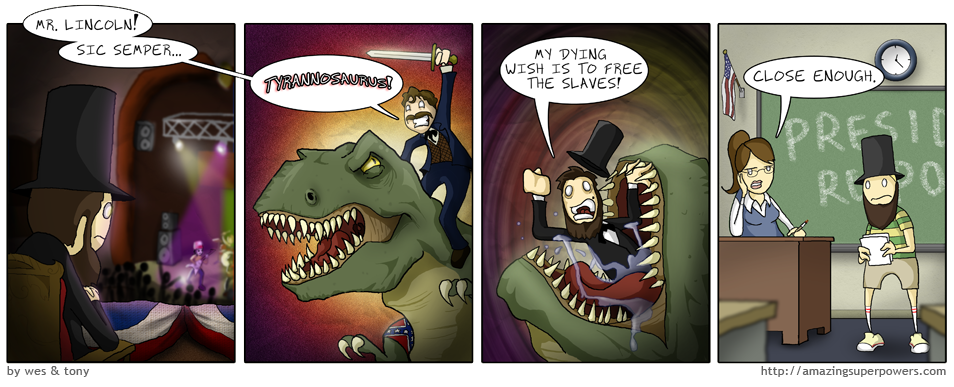Peck of Arabia
Sociable Recluse
Why? All you're really offering by way of justification is reference to Locke and Mill, but one could just as easily reference Gentile or, I dunno, Skeletor, and it's not apparent that they'd be any less valid an authority.
It's better than offering no justification other than "this is what I think and believe" like GW was. Shall I dismiss 350 years of Classical Liberalism on account of the fact it was written by people, who have names I can drop? I have a name, so does almost every fictional character ever created!
Locke, Mill, Paine, Jefferson, Bentham, Du Tocqueville and the rest were all smart guys, smarter than I am by a long way- and experts on Political theory, particularly the school of Classical Liberalism; which I should say is pretty relevant to another discussion about libertarianism. More so (I assume) than Skeletor and I don't even know who Gentile is- but if you want to use them, be my guest but I reserve the right to question their legitimacy as sources just as you have with Mill and Locke.
Using references and sources to back up arguments just seems far more constructive, and frankly interesting, than the "is not" "is too" back and forth that is the usual state of affairs.



